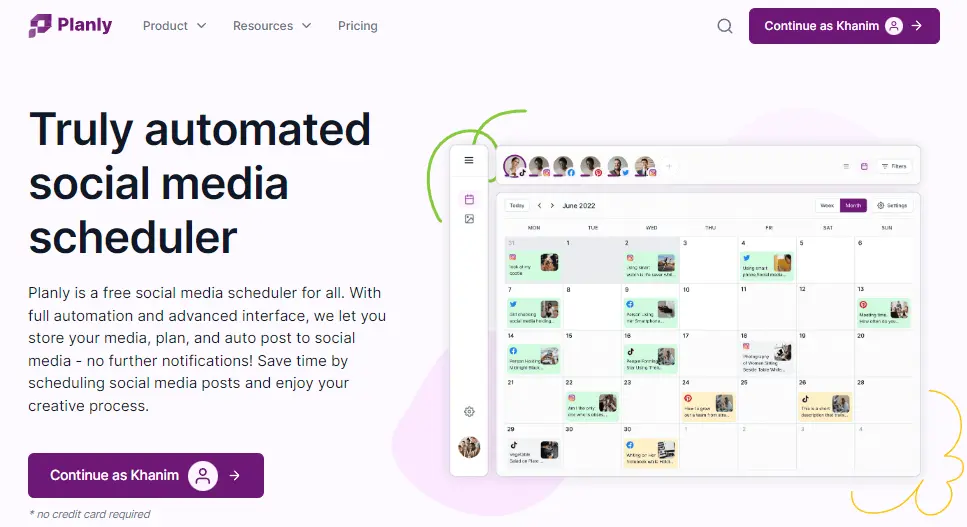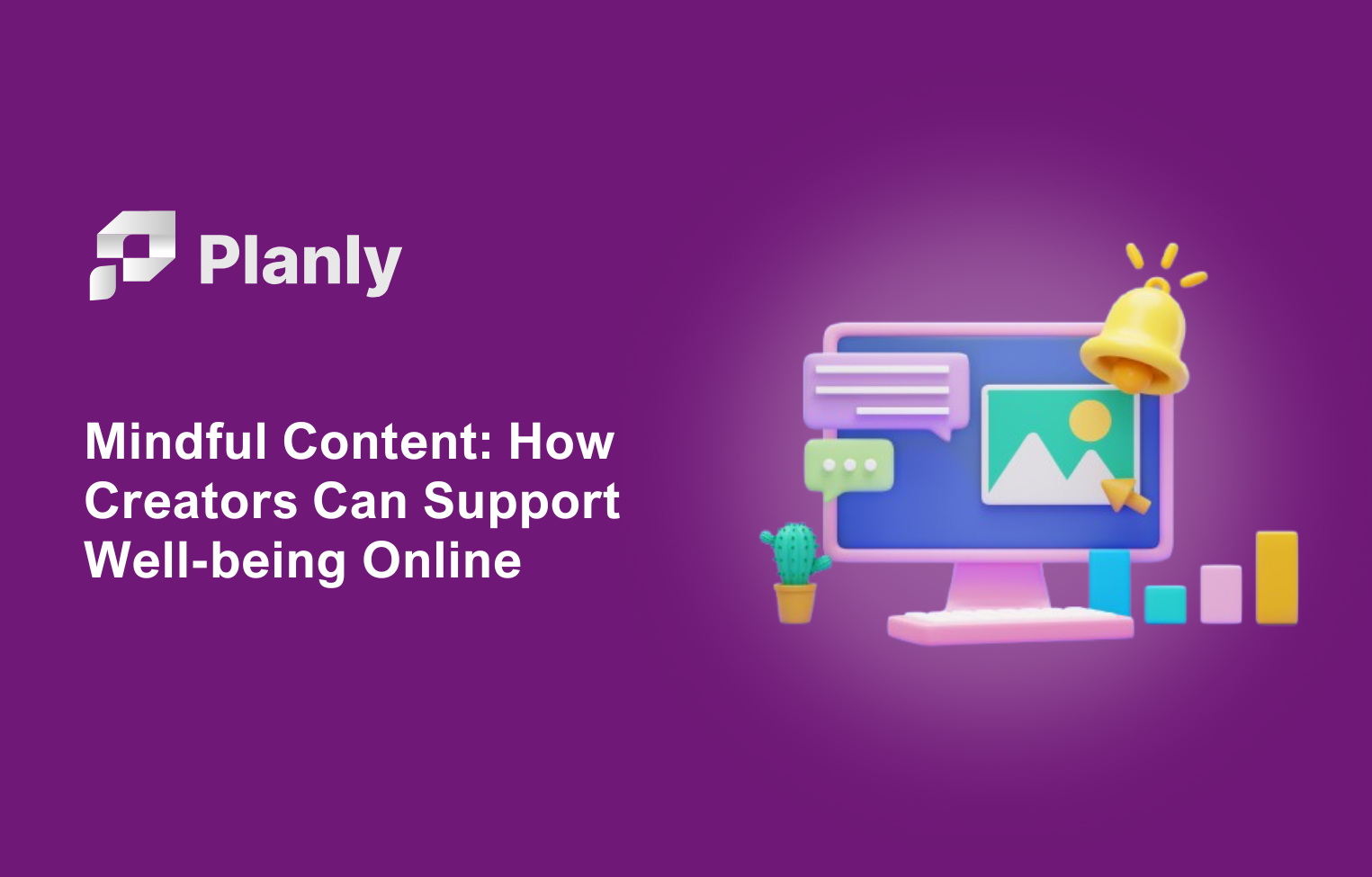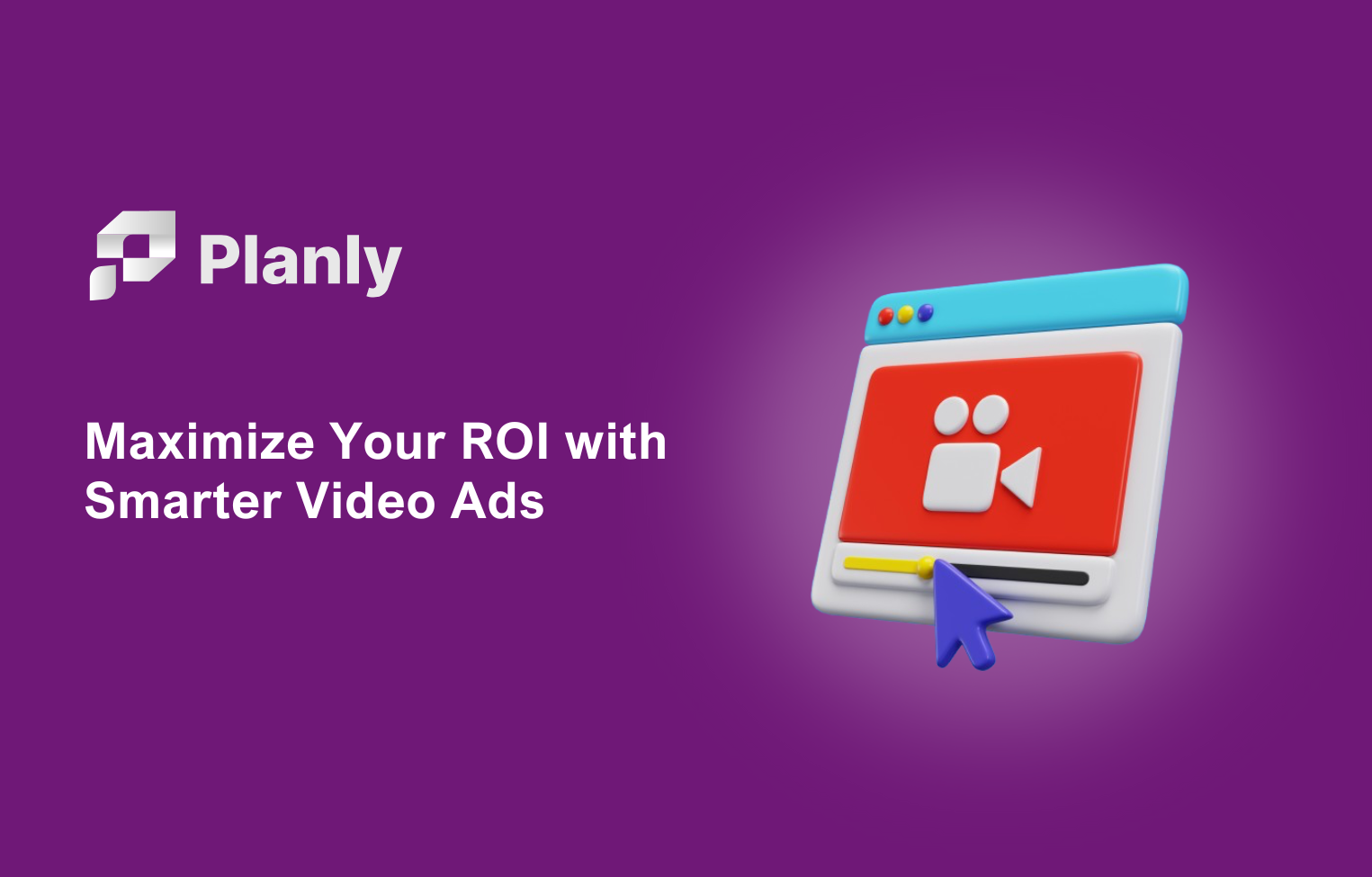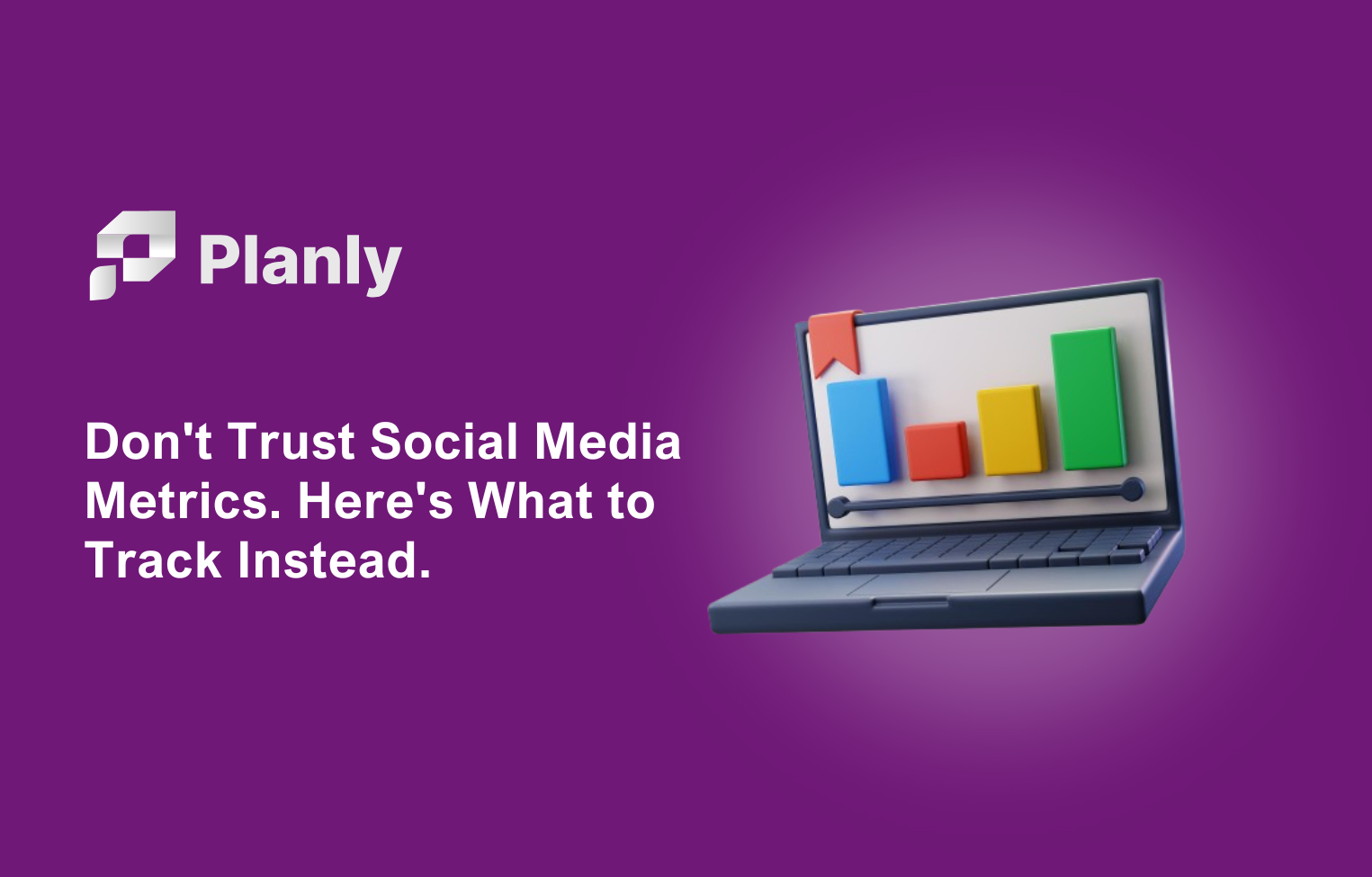People always turn to social media when buying different products or to find out if any information is accurate. In social media, we are greeted by posts of people involved in the presentation of various brands or users who have written a review of any product.
Social media users are divided into specific categories. For example, business account users, personal account holders, agencies, and finally, Influencers and content creators. content creators vs influencers are close to each other.
However, their primary goals, target audiences, the amount they earn, and recognition rates are quite different. In this blog, we will explore what differentiates content creators and influencers.
What is different between Content Creators vs Influencers?
Content creators are individuals or groups who produce and share content on various platforms, such as social media, websites, or blogs. They can create a wide range of content, including text, videos, images, and audio.
On the other hand, influencers are individuals who have a significant social media following and can influence their followers' purchasing decisions. They often promote products or services to their followers and are often paid by companies for their endorsements.
Generally speaking, there are some similarities between digital content creators vs influencers. For example, both of them prepare content for digital social media platforms. However, the main difference here is precisely their goals.
Now let's explain in more detail what the influencer and content creator does.
Who are content creators?
As we mentioned above, content creators prepare content for various social media platforms, either individually or in groups. For each social media platform, it is possible to prepare different content: For example, videos and YouTube shorts for YouTube, various image and video type posts for Instagram, Instagram reels, tweets for Twitter, etc. Also, creating content continues. Blog posts, podcasts, etc., for websites.

What are the examples of content creators?
There are content creators in various fields. And the main issue here is more than just writing. The term "content" refers to any form of information or media created and shared with an audience.
This can include text, images, videos, audio, and digital or physical media. Content can be used for various purposes, such as educating, entertaining, informing, or promoting a product or service.
In the context of content creation, it refers to the creation of original material that can be shared with an audience through various platforms and mediums.
- Bloggers who create written content about a specific topic or niche
- Vloggers who create video marketing content on platforms like YouTube or TikTok( Content creators are divided into digital creators vs video creators. Whereas digital creators only create content for social media platforms, video creators are focused on YouTube and TikTok)
- Podcasters who create and share audio content
- Graphic designers or illustrators who create visual content
- Photographers and videographers who create visual content
- Musicians and bands who create and share audio content
- Game streamers who create and share video content of themselves playing video games
- Chefs who create and share recipe videos or cooking tutorials.
Content creators can also be businesses, organizations, or media companies that produce and share content as part of their marketing or branding efforts.
What is the primary role of content creators?
The responsibilities of a content creator include writing blog posts about topics related to the industry, promoting our content on social media, and creating marketing copy to promote company products. They should know about digital publishing and producing traffic and leads for new companies to succeed in this position.
Some of the general roles and responsibilities of a content creator can include the following:
- Identifying and researching topics to create content about
- Producing and creating original content, such as text, images, videos, and audio
- Optimizing content for different platforms and audiences
- Engaging with their audience by responding to comments and questions
- Promoting their content through social media, email marketing, and other channels
- Continuously experimenting and improving their content to meet the audience's need
- Creating a brand for themselves to distinguish their content from others
Overall, the primary role of a content creator is to create and share valuable, engaging, and high-quality content that resonates with their target audience.
What skills do you need to be a content creator?
Most content creators are skilled in creativity, critical thinking, and communication. Content creators can work as independent workers who accept business contracts or as marketers for organizations that support ad campaigns and social media communications.
Do content creators make money?
Yes, content creators can make money through various methods, such as advertising revenue, sponsorships, merchandise sales, and personal brand deals. Some platforms, such as YouTube and Twitch, also offer monetization options for creators who meet specific criteria, such as a certain number of subscribers or views. Additionally, creators can make money by selling their products or services.

What does the content creator do daily?
Content creator typically spends their days researching, planning, creating, editing, and publishing various forms of content such as videos, blog posts, social media updates, and other types of media for their audience.
This may involve conducting interviews, filming footage, writing scripts, editing video and audio, and promoting their content on various platforms.
Additionally, content creators may spend time engaging with their audience, responding to comments, and analyzing metrics to understand how their content is performing and how to improve it. The daily task of a content creator may vary depending on their niche and the type of content they are creating.
What Is an Influencer?
An influencer is someone who has a large following on social media and uses that following to promote products or services. They are typically considered to have a significant impact on the purchasing decisions of their followers.
Influencers use their platforms to create and share content, such as videos, photos, and written posts, that promote brands, products, or services to their followers. They may also create sponsored content or collaborate with brands on marketing campaigns.
The influencer's niche or focus can vary, for example, fashion, beauty, travel, fitness, parenting, etc. They are considered key opinion leaders (KOLs) in their niche, and their popularity is based on their perceived expertise, authenticity, and trustworthiness.
Can a content creator be an influencer?
A content creator and an influencer are similar in that they both create and share content on social media, but they have different goals and audiences.
A content creator creates and shares original content such as videos, photos, and written posts on social media platforms. They may also create content for websites, blogs, or other online platforms. They may have a specific niche or focus, such as fashion, travel, cooking, etc. Their main goal is to entertain, inform, or inspire their audience with their content.
On the other hand, an influencer has a large social media following and uses that following to promote products or services. Influencers are typically considered to have a significant impact on the purchasing decisions of their followers. They may be a content creator, but their main focus is to promote brands, products, or services to their followers.
So, content creator can also be an influencer if they use their platform to promote products or services to their followers.
What are the types of influencers?
There are several different types of influencers, each with its unique audience and content focus. Some common types of influencers include:
- Macro-influencers: These influencers have a large following, usually in the millions. They have a broad reach and can be found in popular categories such as fashion, beauty, travel, lifestyle, and fitness.
- Micro-influencers: These influencers have a smaller following, usually in the thousands or tens of thousands. They tend to have a more niche-specific audience and may focus on a particular hobby or interest, making them ideal for brands looking to collaborate with micro-influencer agencies.
- Nano-influencers are relatively new terms with a relatively small following, usually less than 10,000 followers. They tend to have a highly engaged and niche-specific audience and are considered experts in their field.
- Celebrity influencers: These are individuals who have a large following and are well-known in the entertainment industry, such as actors, musicians, or athletes.
- Branded influencers: These are employees of a brand and use their social media accounts to promote the brand and engage with customers.
- Niche influencers: These are influencers who have a specific niche, such as parenting, cooking, travel, etc.
- Geo-influencers: They have a strong presence in a specific geographic area and have a following from that region.
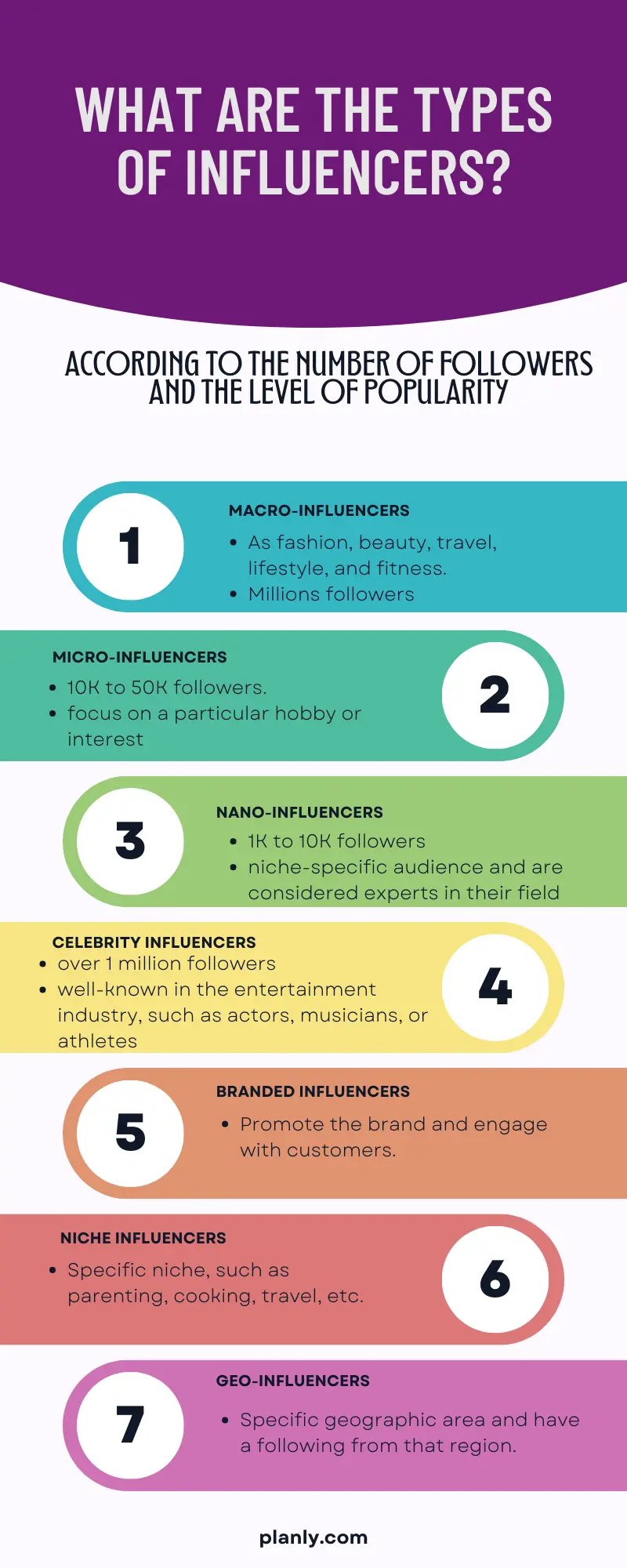
What qualifies as an influencer?
Some of the qualifications that may be used to identify an influencer include the following:
- Large following: Influencers typically have a large following on one or more social media platforms, such as Instagram, TikTok, YouTube, etc.
- Engaged audience: Influencers have an engaged audience interested in the content they share and are likely to engage with it.
- Niche-specific focus: Influencers may have a specific niche or focus, such as fashion, beauty, travel, parenting, etc.
- Good metrics: Influencers usually have good metrics such as high engagement rates, high click-through rates, and high conversion rates.
- Authenticity and trustworthiness: Influencers are perceived as authentic and trustworthy by their followers.
- Collaborations and sponsorships: They often collaborate with brands and have sponsored content on their social media platforms.
What do the influencers do daily?
Influencers typically do a variety of tasks daily, including:
- Creating and planning content for their social media channels
- Posting on social media platforms such as Instagram, TikTok, YouTube, and Twitter
- Engaging with their followers and responding to comments and messages
- Collaborating with brands and businesses for sponsored content or collaborations
- Creating and editing videos and photos for their content
- Networking with other influencers and industry professionals
- Keeping up with trends and staying informed about their niche or industry
- Analyzing their social media analytics and adjusting their strategy accordingly.
- Building their brand and audience by creating a website or blog.
- Collaborating with designers and photographers to create professional graphics and images.
It's important to note that the daily tasks of an influencer may vary depending on their niche, audience, and goals.
Which Is better for my business: Content Creators or Influencers?
It's time to think about which content creators vs influencers would be best for your company now that you are more familiar with their roles, methods, and resources.
Whether you want to collaborate with influencers, content providers, or both, each approach has pros and cons.
Content Creators vs Influencers: Pros and Cons
Just as there are some similarities and differences between content creators vs influencers, they also have their pros and cons. These pros and cons do not apply to both fields of activity.
For example, you can start influencer marketing if you want to advertise your brand. Or you can introduce your brand to people through a content creator. Let's clarify the pros and cons of choosing a content creator vs influencer for your business.
Content Creators: Pros
Getting new, high-quality content for your brand's image is the primary benefit of collaborating with content creators. You need a creator if you want fresh visual content, ads, Instagram stories, social media posts, and more. The following are a few of the most significant benefits of partnering with content creators:
- High-quality content: The main job of content creators is to create high-quality content. If a content creator needs to write a post or blog about your brand, you can trust them because the viewer will understand their post very well and learn all the details.
- Multifaceted talent: Any content creator offers a wide range of skills. If you engage someone to take product photos, they can edit them, add graphic design components, and customize the photographs to your target market.
- Save time and money: By hiring content creators, you can be sure that you're spending money on something that will perform well and interest your audience. You can hire an expert or use mentor mentee matching software, which saves time when training new personnel to develop content.
Cons of content creators
- Limited creative control and freedom
- Pressure to constantly create and produce content
- Negative comments and criticism from the audience
- Vulnerability to copyright infringement and plagiarism
- Burnout and mental exhaustion from high workload
- The need to maintain a strong online presence and social media accounts.
Pros of influencers
Your brand will gain several advantages from working with influencers, but these advantages differ from those of a content creator. Influencer marketing is the most excellent strategy to raise brand awareness and social engagements.
Make sure you understand the difference between micro and macro influencers if you've decided that using influencers is the best social media approach. Let's look at some advantages that influencers could give your company:
- Increase brand awareness: Cooperation of your brand with an influencer increases brand awareness. This way, you will have a chance to reach more customers and followers. When choosing influencers, it is also essential from which platform you choose them. For example, if you want to engage in Instagram influencer marketing, you should track the number of followers of that influencer. If you want to work with TikTok influencer marketing, here you need to focus on the creativity of that influencer.
- Niche targeting: Because there are so many influencers, each focuses on a niche target. Find influencers with audiences similar to your own, and even a few who are slightly different, to bring in more customers. Micro-influencers might help experiment with new audiences because they have smaller, more specialist audiences.
Cons of influencers
- Pressure to maintain the image and online persona
- Short shelf life and rapid decline in popularity
- Difficulty in transitioning to other careers
- Uncertainty in long-term job security.
Frequently Asked Questions about content creators vs influencers
Who is the most significant influencer?
Cristiano Ronaldo - 443M Followers.
How many followers do you need to be a content creator?
A minimum of 10,000 followers are needed to make money on Instagram for some monetization tools, such as "Badges," Instagram's tipping option for IG Live. Numerous apps are also restricted to specific nations, have an 18-year-old minimum age requirement, and demand that users register their accounts as businesses or creators on the app.
Is a Youtuber a content creator?
Yes, YouTubers are content creators. They create their content through YouTube videos.
Are influencers the same as content creators?
Influencers can be considered a type of content creator, but not all content creators are influencers. Content creators produce various forms of content, such as videos, images, written articles, and more.
In contrast, influencers use their brand and social media following to influence others and promote products or services. Influencers typically have a strong online presence and use platforms like Instagram, YouTube, and TikTok to connect with their audience.
Bottom Line
A digital creator is a broad term that encompasses various types of content production and distribution, including influencer marketing. A digital content creator creates and publishes digital content, such as videos, photos, and text posts, for a specific audience.
Influencer, on the other hand, refers specifically to individuals who have a large following on social media and leverage their influence to promote products or services.
Both digital creators and influencers play essential roles in the digital marketing landscape, but they approach content creation and distribution differently.
In summary, while there is some overlap between these terms, it is essential to understand the specific nuances and nuances of each role to utilize their unique strengths in digital marketing efforts effectively.





